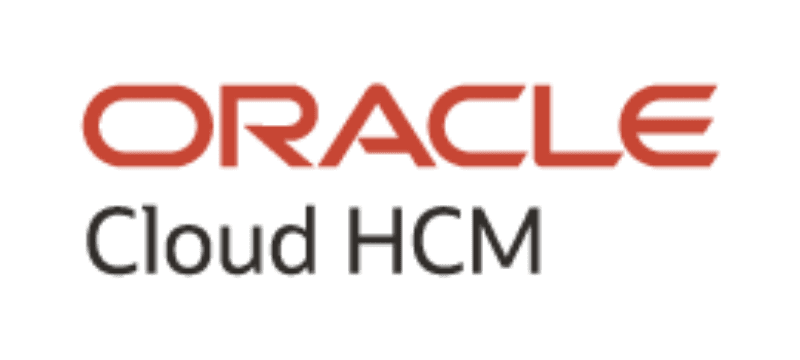Putting AI to work: How to overcome adoption barriers and own transformation
The Hackett Group released a report based off an extensive study, that found generative AI has the potential to yield a 40% reduction in costs.
Despite knowing potential benefits of AI like this, there's still hesitancy within HR, with many lacking the confidence to adopt.
In a recent set of polls, UNLEASH found that 33% organizations don't have an official stance toward AI (33% unsure if they did or didn't), and 40% HR leaders are still not using AI in their work day-to-day.




UNLEASH is recognized by SHRM to offer Professional Development Credits (PDC) for SHRM-CP or SHRM-SCP recertification activities.
In this exclusive webinar, Yvette Cameron, SVP, Global HCM Product Strategy at Oracle, Kyle Lagunas, Head of Strategy at Aptitude Research, and Kim Kohlman, VP Infrastructure & HCM Operations at Hearst discuss the barriers that HR teams face when implementing AI, as well as how to overcome them.
Webinar Highlights:
- Harnessing AI’s potential: Practitioners need to fully understand the potential of the technology, including how to get the most out of it for various aspects of HR functions, including talent acquisition, workforce management, and employee engagement.
- Integrating technology seamlessly: By exploring actionable strategies and real-world applications, HR leaders can pave the way for a seamless integration of AI into their organizational frameworks.
- Focusing on the future: How will AI in HR expand over the future? The panel highlights the evolving needs and expectations of employees over the next 2-5 years while identifying hidden barriers to its adoption.
Sneak Peak:
“We recently conducted an all-day session about generative AI to educate our HR professionals and to encourage everybody to think about how to use it effectively,” Kim Kohlman, VP Infrastructure & HCM Operations at Hearst says.
She continues to explain that although not everyone is technologically minded, it’s Hearst’s goal to ensure every employee can use the tool to the best of their ability. By doing so, the business is trying to provide professionals with the tools for efficiency.
Yvette Cameron, SVP, Global HCM Product Strategy at Oracle explained that there’s a common misconception that AI is going to take everybody’s jobs – but it’s important to remember that there are two different types. After highlighting the difference between classic AI and generative AI, Cameron draws attention to the fact there are different use cases where one is more suited.
“You don’t have to be a tech-savvy expert to be using AI – we’re all using it every day,” Cameron adds. “We’re all very used to it, and as we think about scaling it in the enterprise, we have to start thinking about the appropriate uses of the responses. “This is where we can start relying on our vendors and the training that they use – we can rely on pilot programs and focus groups. But I think the biggest misconception is that everything needs to be perfect before it’s rolled out in the enterprise – and it doesn’t.”
Before moving on to the wider conversation, Kyle Lagunas, Head of Strategy at Aptitude Research says: “One thing that has really dramatically shifted with the emergence of generative AI, is, now we are not just end users that are going to utilize AI however it’s been designed to be implemented – we can now play with these technologies as consumers. Maybe before we’d recognize that we’re using machine learning and algorithmic AI when we log into Amazon or Netflix, but we didn’t think we could get ideas from it. But now, we’ve had a paradigm shift that is sudden and dramatic, and, as an analyst, I’m watching these innovation cycles get tighter and bigger, with more impact, too. So it’s exhilarating and really, really fun.”
The full conversation can be viewed on demand, now!
